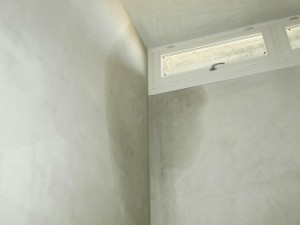A Chimney’s Worst Enemy
Water isn’t just fire’s worst enemy—homeowners with masonry chimneys need to beware, too. While a chimney is the most ignored and neglected part of the home, it has an important job and needs to be taken care of. One way you can do this is by protecting your chimney against water damage.
Masonry chimneys are made using combinations that include brick and mortar, concrete, stone, clay, steel and cast iron. These materials are porous and susceptible to water that can damage both your chimney and the structure of your home. Some signs of water damage are moisture on brick, dripping in fireplace, or wet spots on the ceiling or walls.
Water damage can cause chimneys to tilt or collapse, damper assemblies to rust, rotting rafters, stained and ruined walls, ceilings and wall coverings. It can also cause cracks, rust and deterioration of the flue lining system.
The number on solution for a chimney with water issues is to install a chimney cap. Many insurance companies require chimneys to be capped to minimize water damage and other issues. Chimney caps keep rain and moisture out, serve as spark arrestors, and keep animals and birds out, as well as debris such as leaves and twigs.
Other things that may need to be checked are the seal between the roofing and chimney (called flashing), the chimney crown, or the mortar joints. If any of these things are damaged, they will need to be replaced or repaired.
Talk to your chimney specialist during your annual cleaning about the many products available for waterproofing your chimney. Choose only vapor permeable sealers, which allow the chimney to breathe so that moisture doesn’t become trapped inside the chimney and deteriorate it.

